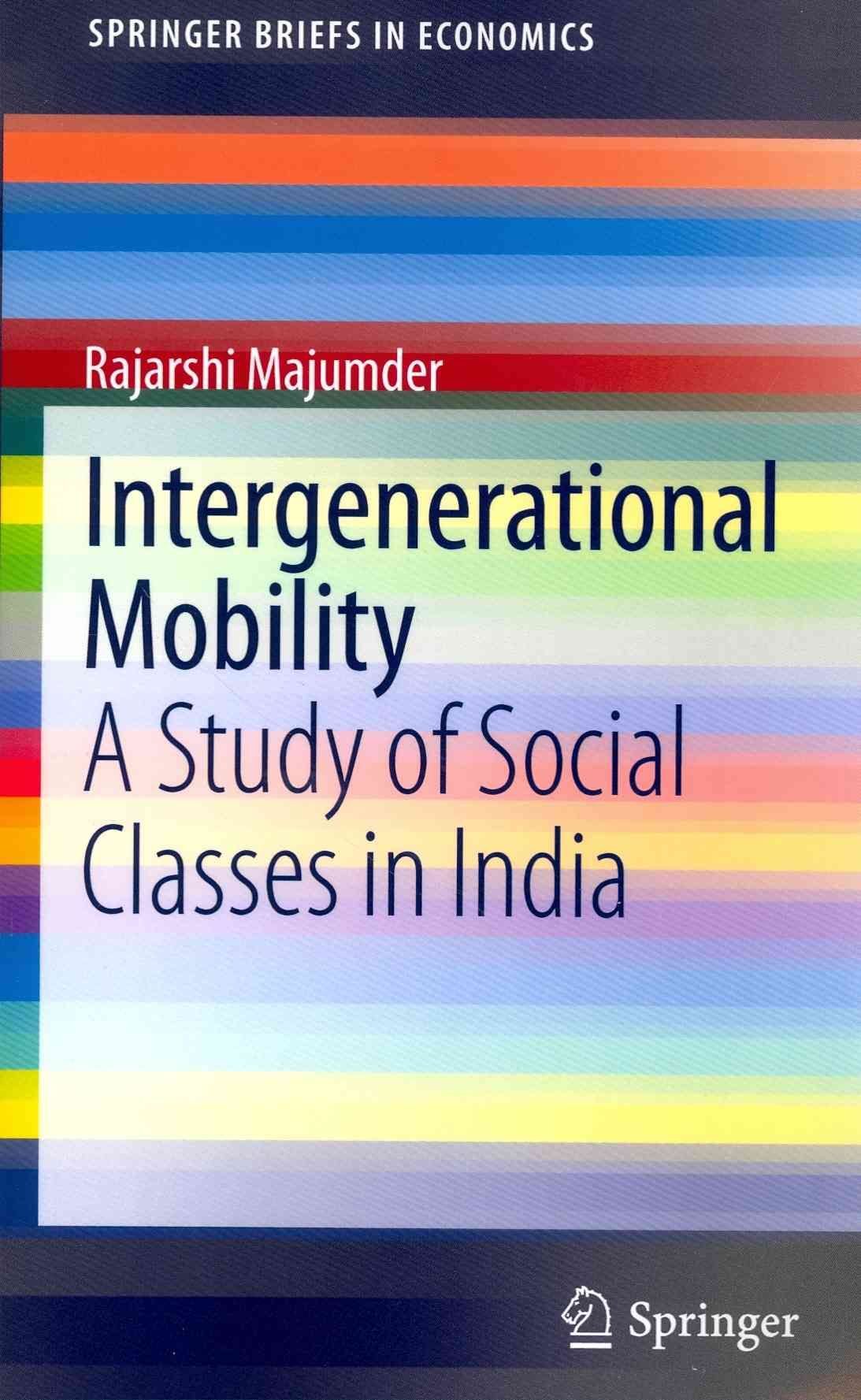‘Entertainment media’ are entertainment products and services that rely on digital technology and include traditional media (such as movies, TV, computer animation etc) as well as emerging services for wireless and broadband, electronic toys, video games, edutainment, and location-based entertainment (from PC game rooms to theme parks). Whilst most of the digital entertainment industry is found in the developed countries such as USA, Europe, and Japan, the decreasing costs of computer and programming technologies enables developing countries to really benefit from entertainment media in two ways: as creators and producers of games and entertainment for the global market and as a way to increase creativity and learning among the youth of the developing world. Focusing specifically on initiatives that use entertainment technologies to promote economic development, education, creativity and cultural dissemination, this book explores how current technology and the use of off-the-shelf technologies (such as cheap sensors, Kinect, Arduino and others) can be exploited to achieve more innovative and affordable ways to harness the entertainment power of creating. It poses questions such as ‘How can we convert consumers of entertainment into creators of entertainment?’ ‘How can digital entertainment make a contribution to the emerging world?’. Academic researchers and students in human-computer interaction, entertainment computing, learning technologies will find the content thought-provoking, and companies and professionals in game and entertainment technology, mobile applications, social networking etc. will find this a valuable resource in developing new products and new markets.












